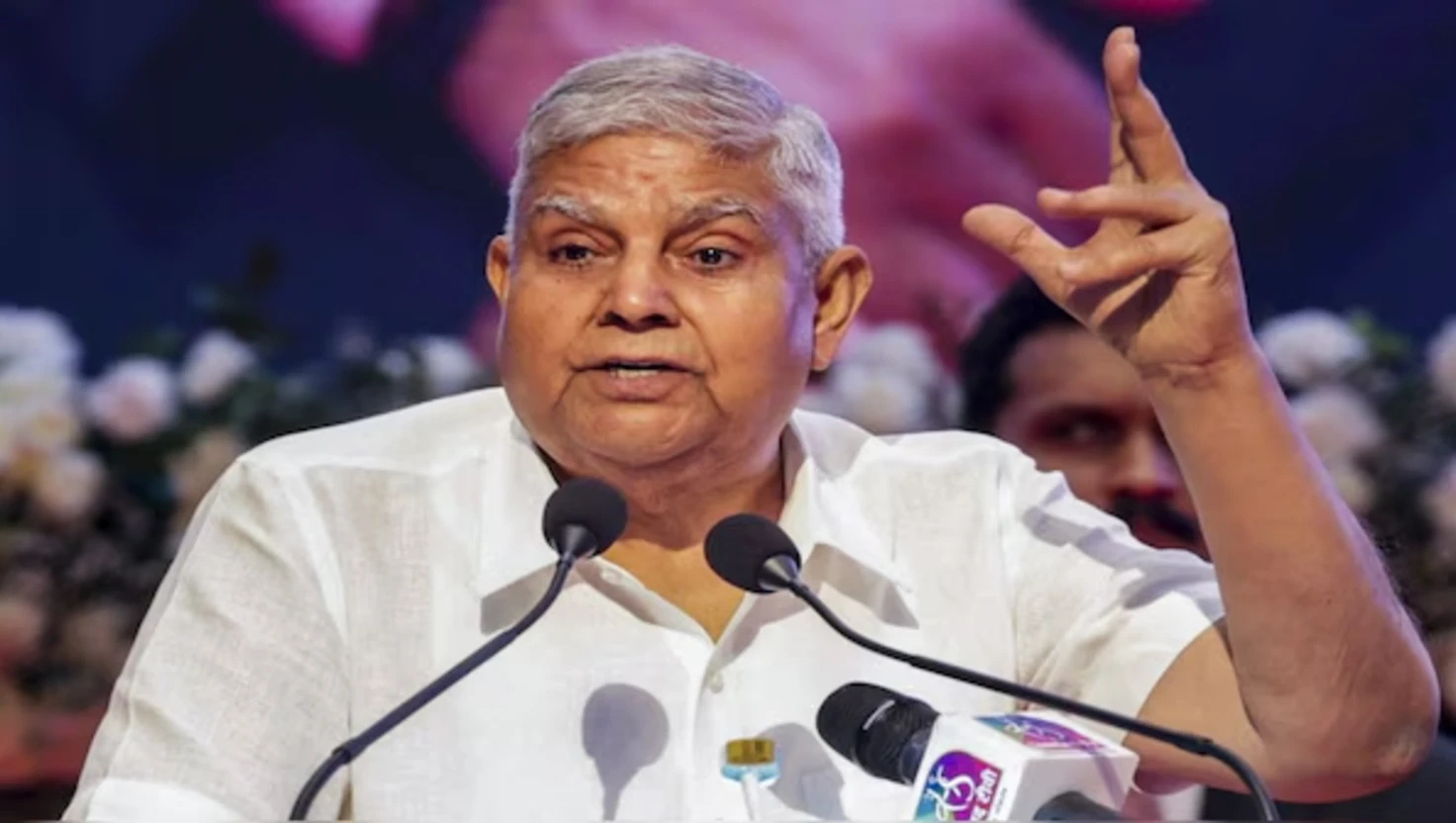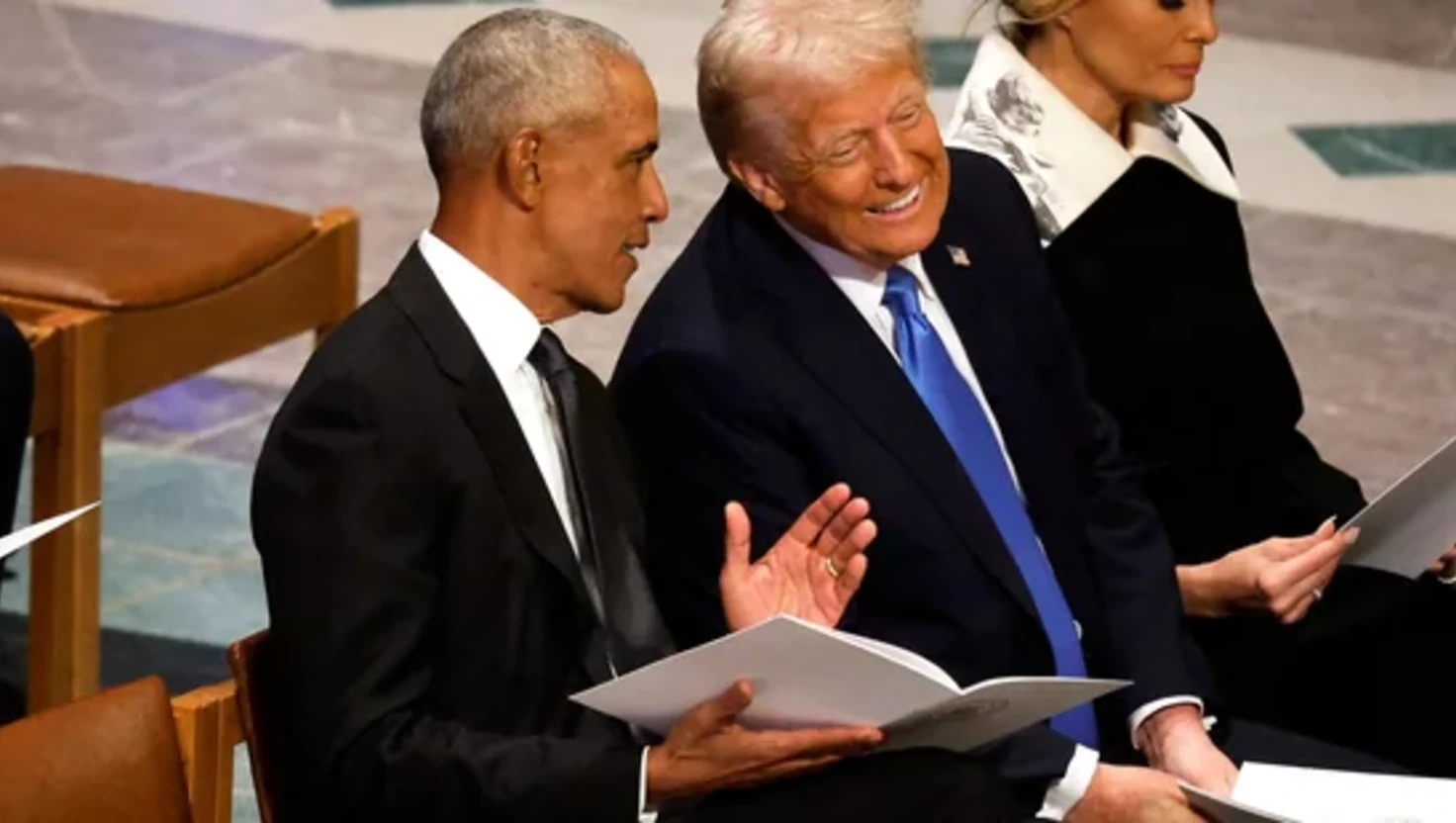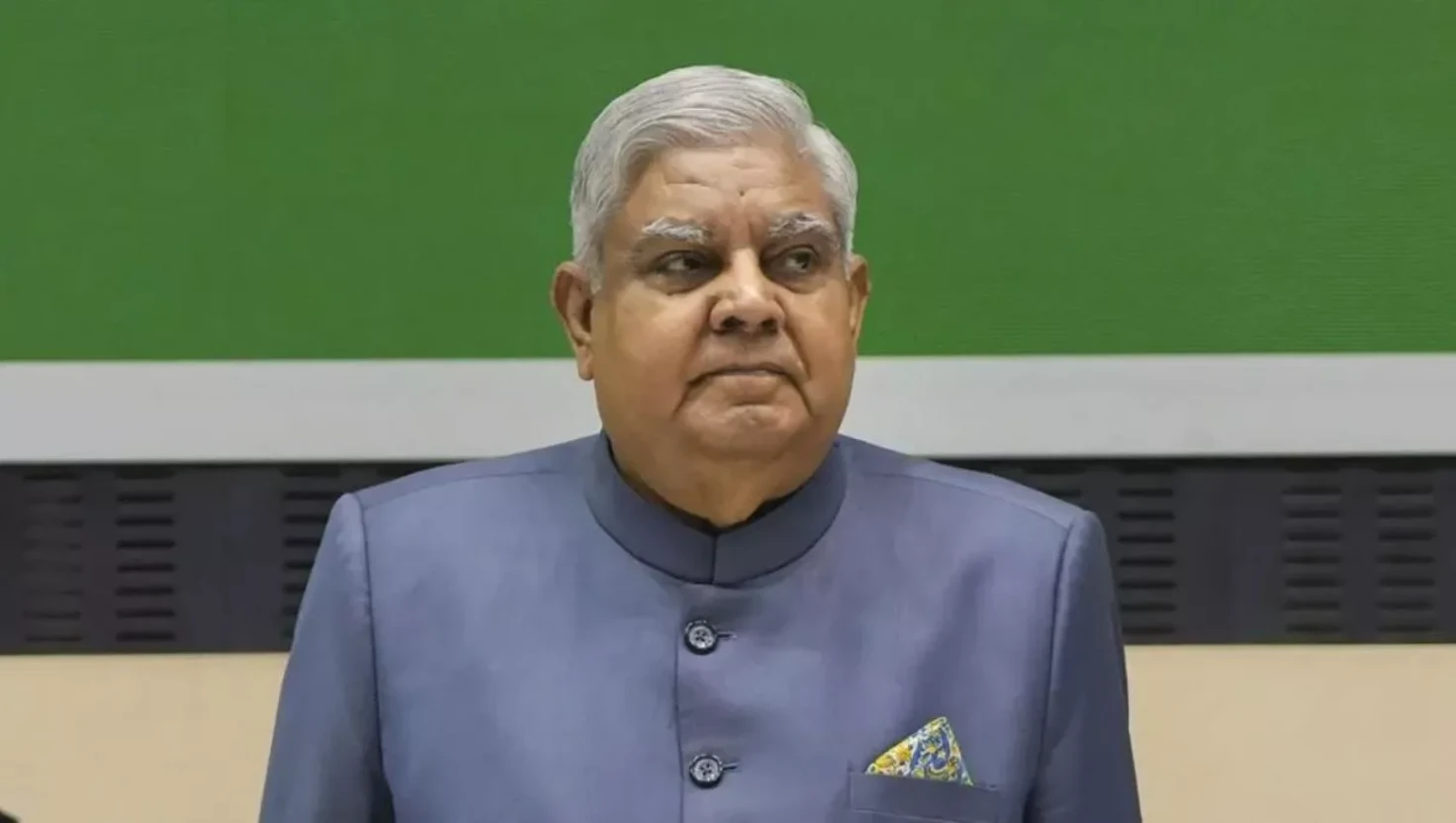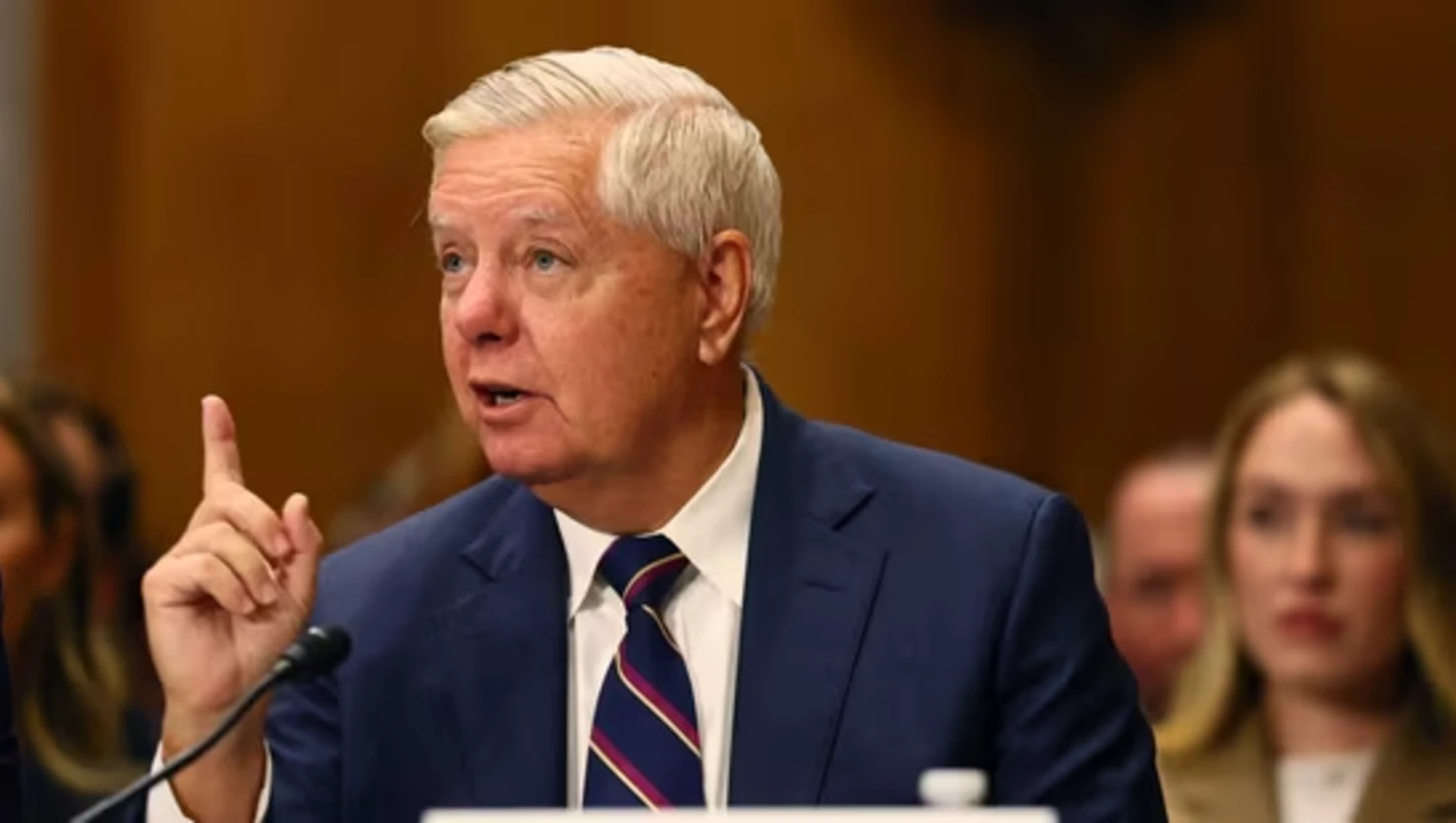Dhankhar's resignation triggers political speculation

Dhankhar's resignation triggers political speculation
Jagdeep Dhankhar's resignation as Vice President raises questions about his health and political implications in India.
The unexpected resignation of India's Vice President, Jagdeep Dhankhar, on the evening of July 21 has generated significant speculation regarding the circumstances surrounding his decision. Dhankhar, who also serves as Chairman of the Rajya Sabha, announced his resignation on the first day of Parliament's monsoon session, citing health issues.
Dhankhar, who is 74 years old, assumed office in August 2022 and was expected to serve until 2027. On the day of his resignation, he presided over a session in the Rajya Sabha, where he administered oaths to new members and received an impeachment notice concerning high court judge Yashwant Varma. Following a brief meeting with President Droupadi Murmu, Dhankhar submitted his resignation letter, stating that he needed to "prioritise health care and abide by medical advice."
In his resignation notice, Dhankhar expressed gratitude for the opportunity to serve and noted the importance of witnessing India’s economic progress during his tenure.
Political Reactions
Dhankhar's resignation immediately drew reactions from various political leaders, particularly within the opposition. Anand Dubey, spokesperson for the Shiv Sena (UBT) party, questioned the timing of the decision, suggesting that it lacked adequate discussion and consultation, and raised concerns about the reasons behind it. Manish Tewari, a member of the Congress party, called the resignation "totally unexpected,” while his colleague, Jairam Ramesh, described it as "unprecedented".
The timing of Dhankhar’s departure led many to argue that there might be the underlying factors at play. Several opposition leaders remarked on how they had interacted with Dhankhar just hours before his resignation, implying that the decision was sudden and surprising. Ramesh highlighted the lack of prior warning or indication of health issues, suggesting an element of mystery surrounding the resignation.
Background on Jagdeep Dhankhar
A lawyer and veteran politician, Dhankhar entered politics in 1989, representing the Jhunjhunu constituency in Rajasthan. In 2003, he joined the Bharatiya Janata Party (BJP) and later served as the Governor of West Bengal before being nominated as Vice President. Known for his assertive approach, he had faced political challenges, including the filing of an impeachment motion initiated by opposition parties during his tenure.
Health Concerns
Earlier this year, Dhankhar underwent angioplasty and was admitted to a hospital for a brief period. Despite these health issues, he remained active in parliamentary duties and appeared to be managing his responsibilities effectively. His resignation thus raises eyebrows, with various political figures questioning whether his health was indeed the primary reason for his abrupt exit.
Political Implications
The Indian political landscape is now abuzz with discussion about Dhankhar’s successor. With the Vice President's office vacated, the responsibilities will temporarily fall to the Deputy Chairman of the Rajya Sabha or another individual designated by the President. The Election Commission is expected to announce a schedule for the election of the new Vice President soon, and it will be crucial to see which candidates emerge from the ruling National Democratic Alliance and the opposition's bloc.
Conclusion
As the political community awaits further developments, the mystery surrounding Jagdeep Dhankhar's resignation remains a focal point of discussion. Observers will closely monitor the government's next steps and the implications this could have on the upcoming elections and parliamentary proceedings.
The current political environment in India suggests that this unexpected resignation may have broader implications, propelling debates surrounding governance, health, and the future direction of the country’s leadership.

Donald Trump Calls for Prosecution of Barack Obama Over Russia Claims
Donald Trump urges the US Justice Department to prosecute former President Barack Obama for alleged misconduct in the 2016 election interference investigation.
| 2025-07-23

Jagdeep Dhankhar Resigns as Vice President of India, Cites Health Concerns
Jagdeep Dhankhar, the Vice President of India, has resigned, prioritising health based on medical advice. His resignation is effective immediately.
| 2025-07-22

Senator Warns Trump will Punish India Over Russian Oil Purchases
Lindsey Graham warns India, China, and Brazil of tariffs if they continue buying Russian oil, potentially impacting their economies.
| 2025-07-22

Divorce Stakes Rise for Astronomer CEO Following Coldplay Incident
Andy Byron's wife could gain millions in a divorce after a viral video scandal at a Coldplay concert, experts suggest.
| 2025-07-22

Jane Street Readmitted to Indian Markets After Significant Deposit
US trading firm Jane Street resumes Indian trading following a $567 million deposit to comply with regulator conditions.
| 2025-07-22




